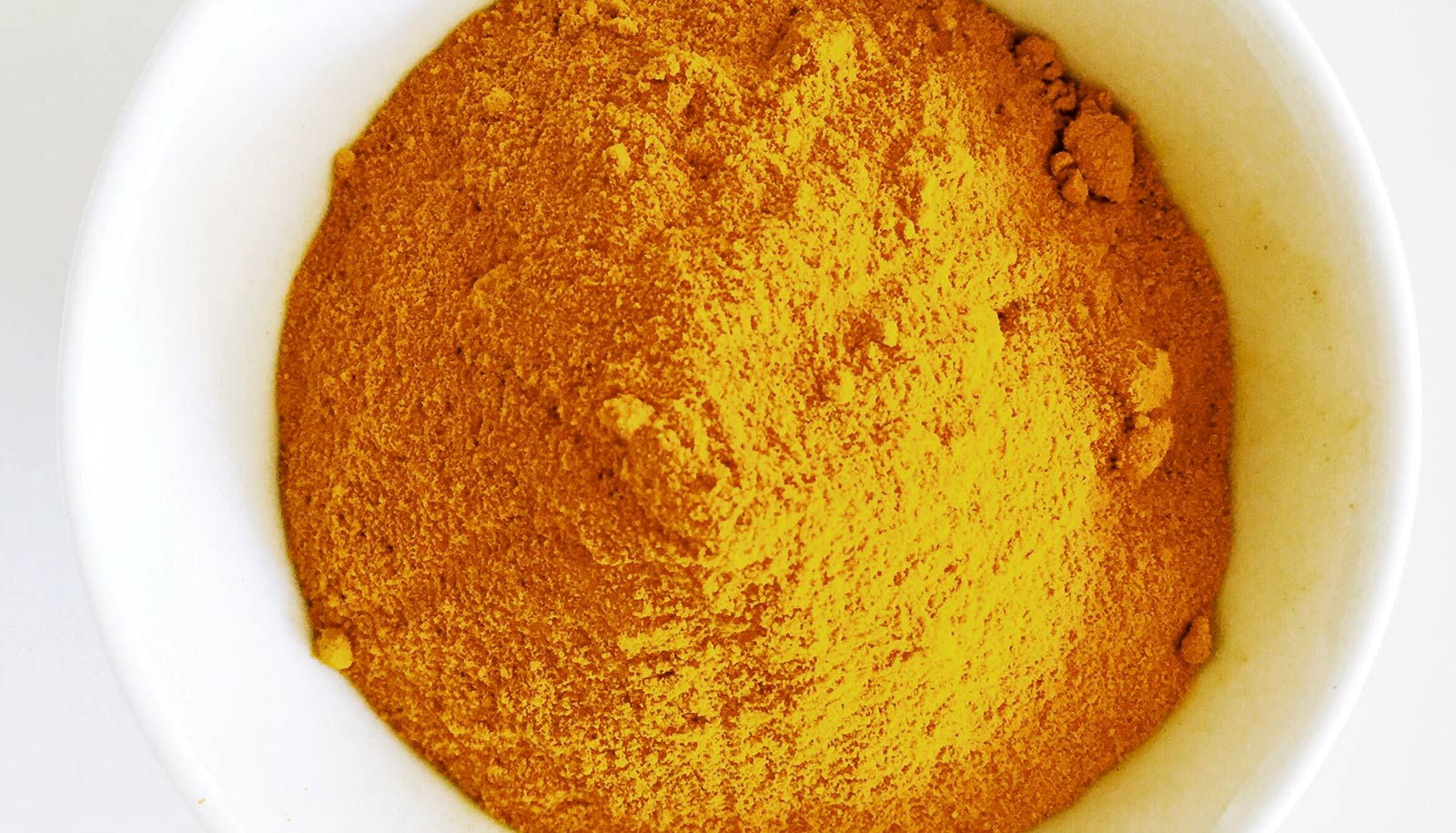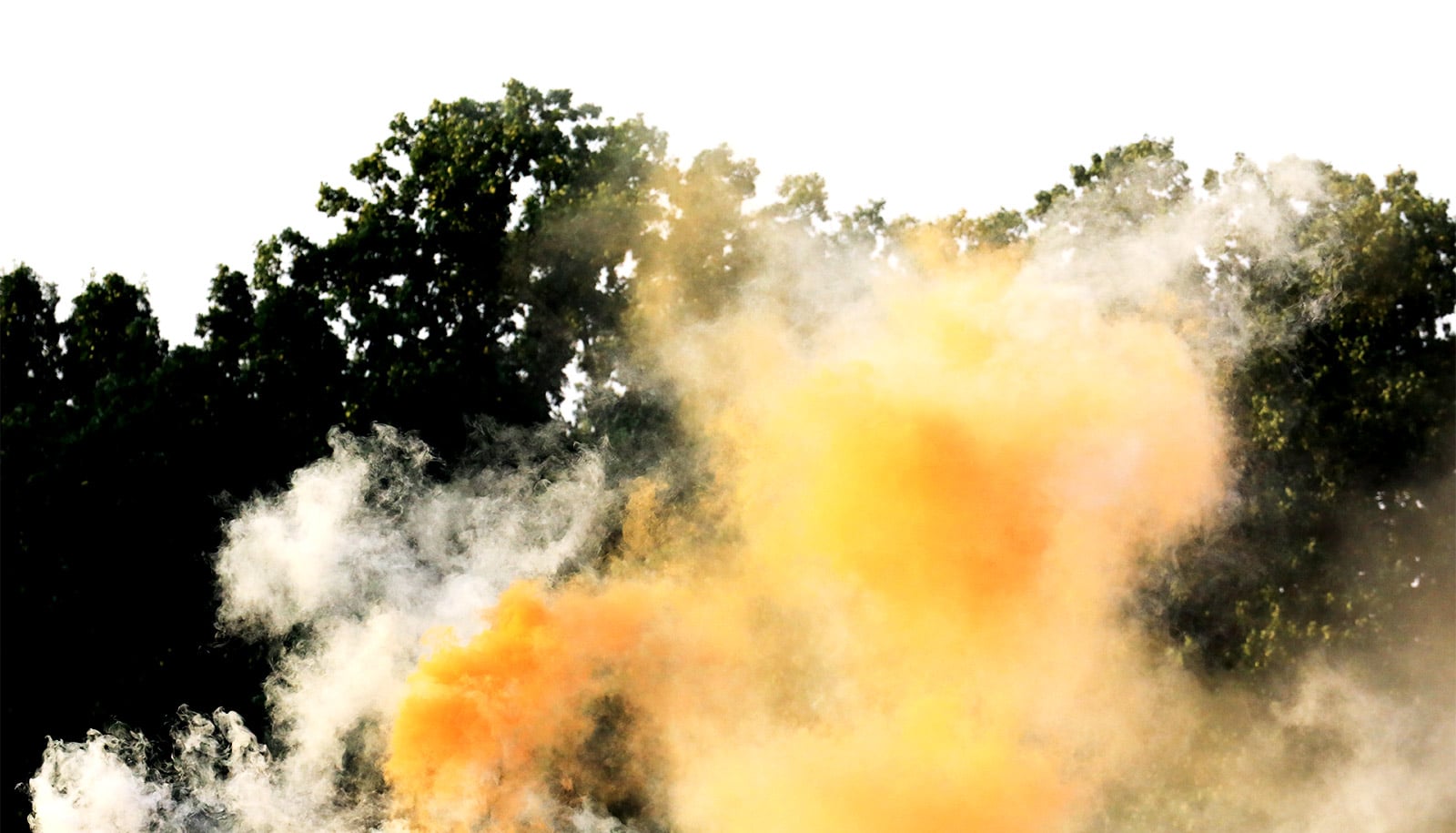Curcumin, a component of the spice turmeric, may be able to reverse some of the effects of Gulf War illness (GWI), according to a new study
Gulf War illness affects nearly 200,000 veterans of the first Gulf War who came home with symptoms that include sleep disorders, chronic fatigue, and memory problems.
“More than 25 years later, many veterans are still affected by GWI.”
Experts believe the symptoms of GWI, which also include mood dysfunction, hypersensitive skin, and gastrointestinal problems, are the result of exposure to chemicals such as pesticides and a nerve gas prophylaxis drug during deployment combined with combat-related stress.
“More than 25 years later, many veterans are still affected by GWI,” says Ashok K. Shetty, a professor of molecular and cellular medicine at the Texas A&M College of Medicine. “That’s why we’ve been working hard to find new approaches to treat the condition.”
Shetty previously established an animal model of Gulf War illness, which allowed him to test the effect of different compounds. Because GWI is thought to be primarily a condition associated with chronic inflammation and increased oxidative stress, he and colleagues decided to try curcumin, a known anti-inflammatory and antioxidant.
“We were very encouraged by the results,” says Shetty, who is also associate director of the Institute for Regenerative Medicine, research career scientist at the Olin E. Teague Veterans’ Medical Center, Central Texas Veterans Health Care System and is senior author of the paper, which appears in Brain, Behavior, and Immunity.
“We found the individuals with GWI treated with curcumin for 30 days showed better cognitive function and mood than the control group did.”
The improvements were more than just functional. “Curcumin treatment helped in alleviating the brain inflammation seen in GWI,” says first author Maheedhar Kodali, a postdoctoral fellow.
“It also enhanced the expression of genes that encode for antioxidants and normalized the expression of genes related to the function of mitochondria in the hippocampus.”
“Particularly, the ability of curcumin to reduce the occurrence of activated microglia, a sign of eased brain inflammation, is remarkable,” Shetty says.
The compound also seemed to enhance the formation of new neurons in the hippocampus, the part of the brain responsible for learning, memory, and mood and the region where new neurons are added throughout life in normal individuals.
Scientists call for more research on Gulf War illness
“This study showed that curcumin can mediate anti-inflammatory, antioxidant, neurogenic, and cognitive and mood enhancing effects in a condition such as GWI,” Shetty says.
The findings correspond well with those of a separate study in humans from the University of California, Los Angeles, which recently showed curcumin improved the cognitive function of older adults by 28 percent.
Experts generally consider curcumin supplementation safe for adults, with gastrointestinal upset being the most common side effect. Still, as with any supplement, people shouldn’t begin taking it without consulting with their health care providers.
Dash of turmeric with breakfast improves memory
Shetty and colleagues will next test whether curcumin has similarly beneficial effects when veterans take it significantly after the onset of GWI, instead of immediately after, as was done in this study.
This would better simulate the time lag between now and when the veterans’ exposure during the First Gulf War. Eventually, Shetty plans to move toward testing the compound in clinical trials of veterans with GWI.
“We were excited to see the benefits of curcumin in treating or preventing the effects of Gulf War illness,” he says. “We hope this work will help to improve the lives of so many of the men and women who served our country.”
The Department of Veterans Affairs and the Department of Defense funded the work.
Source: Texas A&M University



